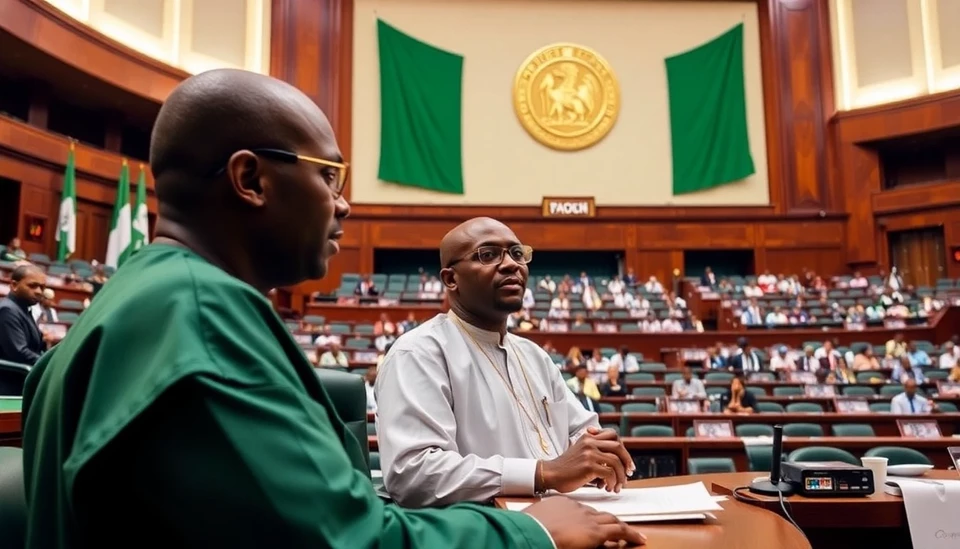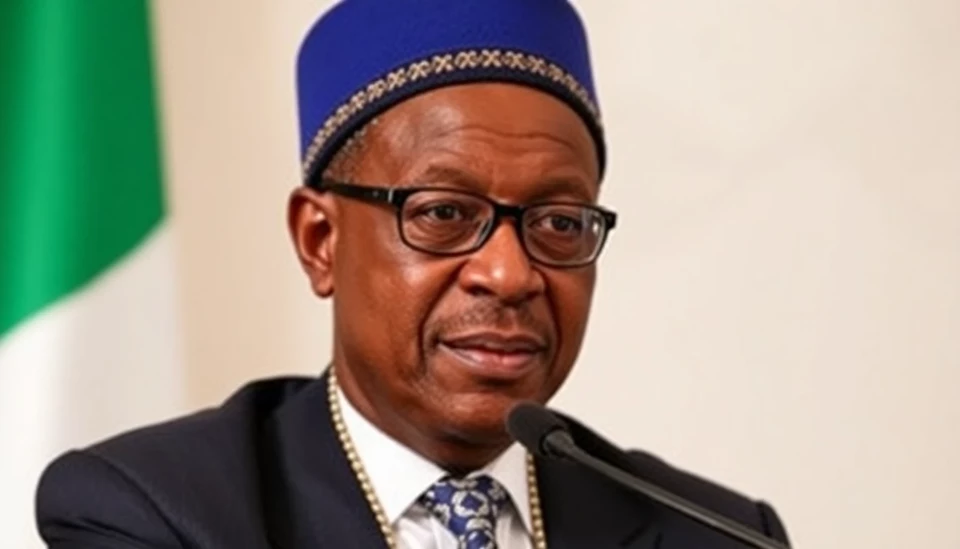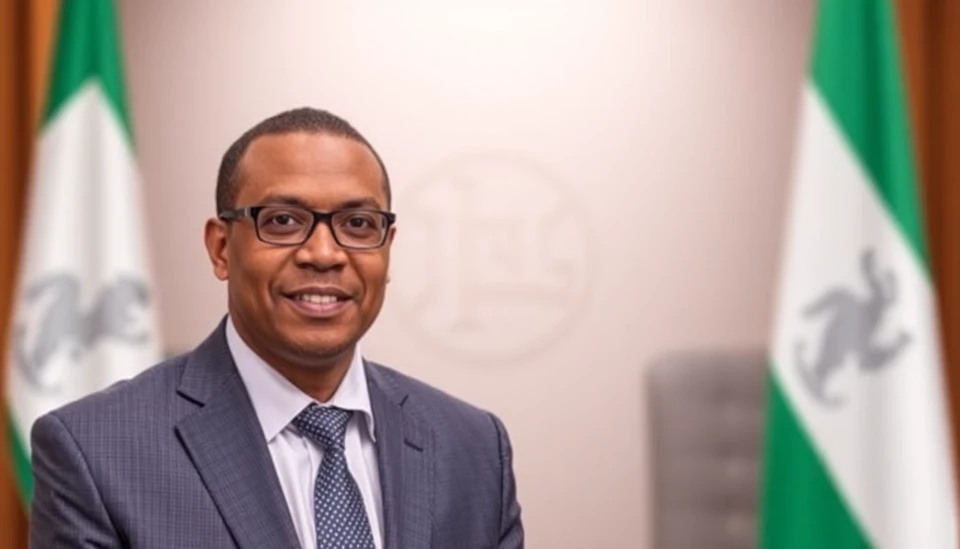
Nigeria's legislative body has taken a decisive step towards addressing the nation's pressing economic challenges by approving a foreign borrowing plan valued at $2.21 billion. This significant development came to light during a voting session held on Tuesday, where lawmakers in the House of Representatives demonstrated overwhelming support for the proposed plan, deemed vital for funding crucial government initiatives.
The approval stands as a strategic move aimed at mobilizing resources to tackle Nigeria's ongoing financial hurdles, which have been exacerbated by a combination of rising inflation rates, fluctuating oil prices, and the need for infrastructural improvements. Lawmakers made it clear that the borrowing aims to not only stabilize the current economic situation but also to lay a foundation for sustainable growth in the future.
According to reports from government officials, the funds acquired through this foreign borrowing will primarily be allocated toward critical sectors, including health care, education, and infrastructure development. Such investments are expected to provide job opportunities and boost productivity, thereby aiding in the recovery and growth of Nigeria's ailing economy.
The approval of this borrowing plan follows a previous warning from the International Monetary Fund (IMF) regarding Nigeria's increasing debt levels. Despite the concerns raised, Nigerian lawmakers expressed confidence that the burdens of this new debt would be outweighed by the long-term benefits derived from the funded projects. They emphasized the need to prioritize economic revival and social services enhancement to uplift millions of Nigerians affected by economic uncertainties.
Furthermore, this recent development reflects the ongoing debates within the Nigerian government about managing the nation’s debts while ensuring that they are directed towards projects that yield significant returns and benefit the populace. As the borrowing plan unfolds, it remains to be seen how effectively the government will manage these funds and whether it can bring about the tangible improvements that citizens expect.
Critics of the borrowing strategy have raised concerns about the implications of accruing further debt, arguing that the government should focus on enhancing revenue generation and reducing wastage in public office rather than increasing liabilities. Nevertheless, the prevailing sentiment in the legislative chamber was one of optimism, with many believing that strategic borrowing can serve as a catalyst for necessary reforms and development.
As Nigeria moves forward with this $2.21 billion borrowing initiative, stakeholders across various sectors will be keeping a close watch on the government's commitments and effectiveness in utilizing these funds for the betterment of the country's economy.
In conclusion, the Nigerian legislature's decision to approve this significant foreign borrowing plan emphasizes the urgent need for economic revitalization in the face of adversity. Lawmakers are hopeful that this move will pave the way for increased investments and foster an environment conducive to growth and stability.
#Nigeria #ForeignBorrowing #Economy #Lawmakers #DebtManagement #Investment #InfrastructureDevelopment #IMF #EconomicRevival #NigerianPolitics
Author: Laura Mitchell




